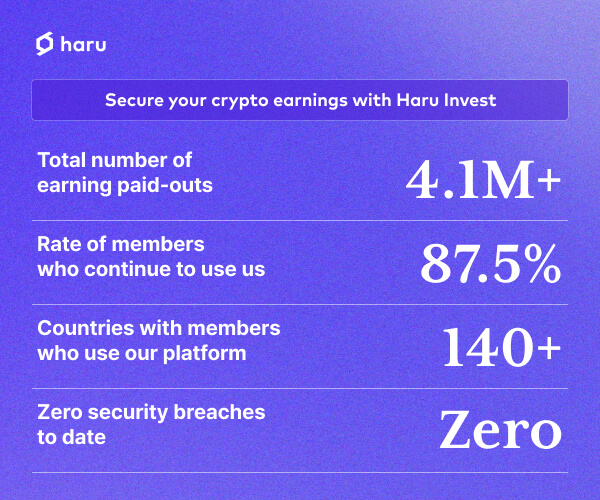CFTC commissioner asks Senate not to permit exchange self-certification


CFTC Commissioner Christy Goldsmith Romero has asked the U.S. Senate to tighten some of its cryptocurrency regulations. January 18th Report from The Wall Street Journal.
Commissioner warns against self-certification
Goldsmith Romero said today:
“We urge Congress to avoid allowing newly regulated cryptocurrency exchanges to self-certify their products for listing.”
This advice relates to the proposed legislation on the Digital Commodities Consumer Protection Act (DCCPA), which gives exchanges self-certification powers. This gives exchanges effective control over the specific crypto tokens they list for trading.
Goldsmith Romero argued that self-certification could reduce the Commodity Futures Trading Commission’s ability to oversee cryptocurrency exchanges.
She also warned that self-certification could allow the exchange to sidestep the influence of another regulator, the U.S. Securities and Exchange Commission.
As such, Goldsmith Romero has urged the U.S. Senate to tighten the requirements for exchanges included in the bill before proceeding further.
Bill is designed to give CFTC greater control
The Digital Goods Consumer Protection Act has been under consideration since at least August 2022, when it was introduced by the U.S. Senate.
The bill aims to allow the CFTC to manage standard crypto transactions without regard to specific details such as self-certification. The DCCPA text expressly grants the CFTC “jurisdiction to supervise the spot digital commodity market”.
DCCPA is controversial for many other reasons. Former FTX CEO Sam Bankman-Fried lobbied for the bill last year. Some speculate that the collapse of FTX in November will delay the passage of the bill by urging lawmakers to amend the bill and tighten requirements for exchanges. Perhaps not coincidentally, Goldsmith his Romero spoke out today during a panel discussion on the collapse of FTX.
The bill is controversial because it requires all digital asset services to be registered with the CFTC. This implicitly prevents the existence of decentralized exchanges and his DeFi platform, and the bill has been widely dubbed the “DeFi killer.”
The CFTC currently regulates derivatives trading. This has given regulators plenty of room to participate in high-profile cryptocurrency lawsuits, including those against FTX, related parties, and Mango Markets attacker Avraham Eisenberg.
Although these cases involved issues unrelated to derivatives, the CFTC was able to share responsibilities with other agencies to ensure charges were comprehensive.




